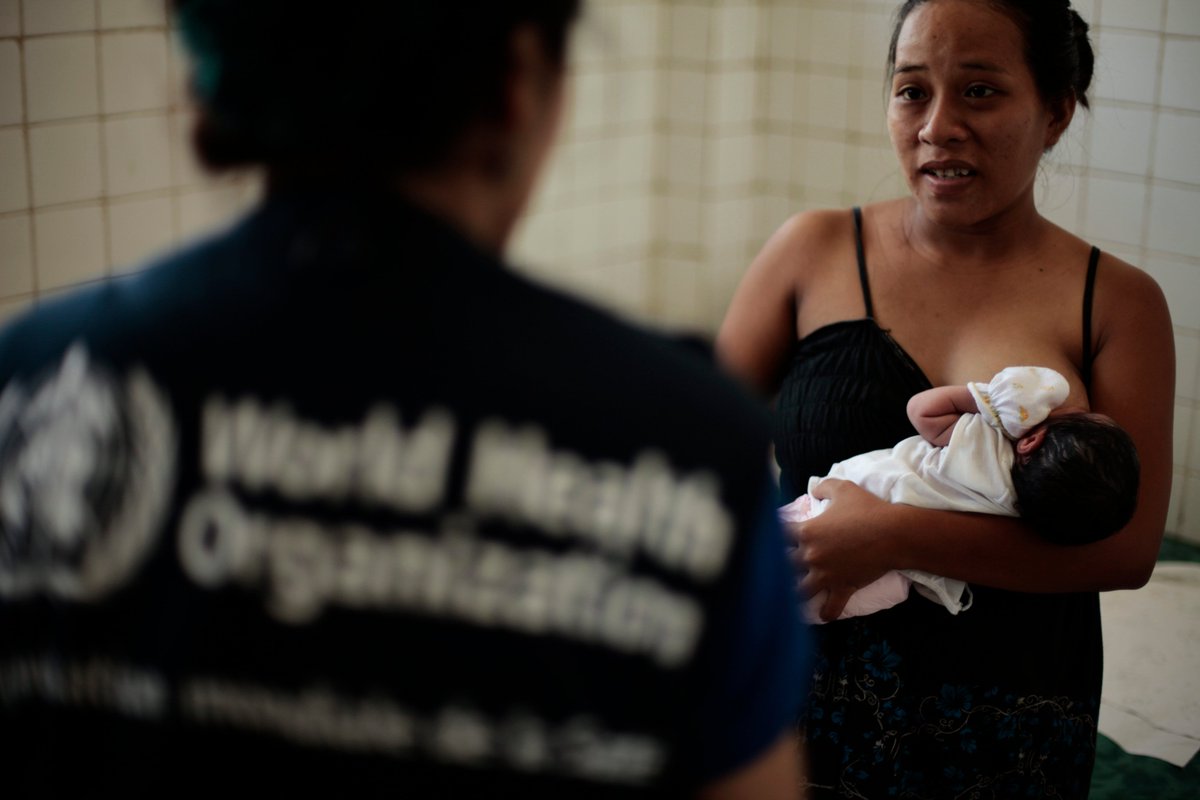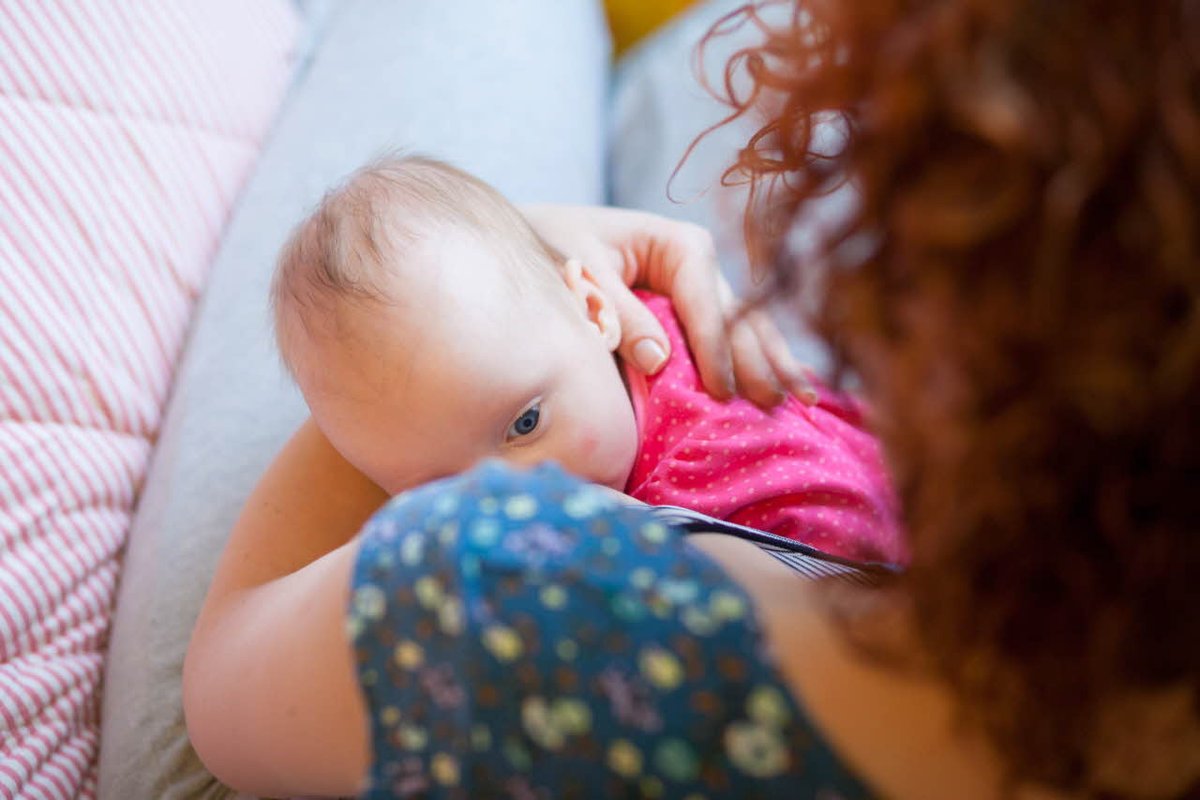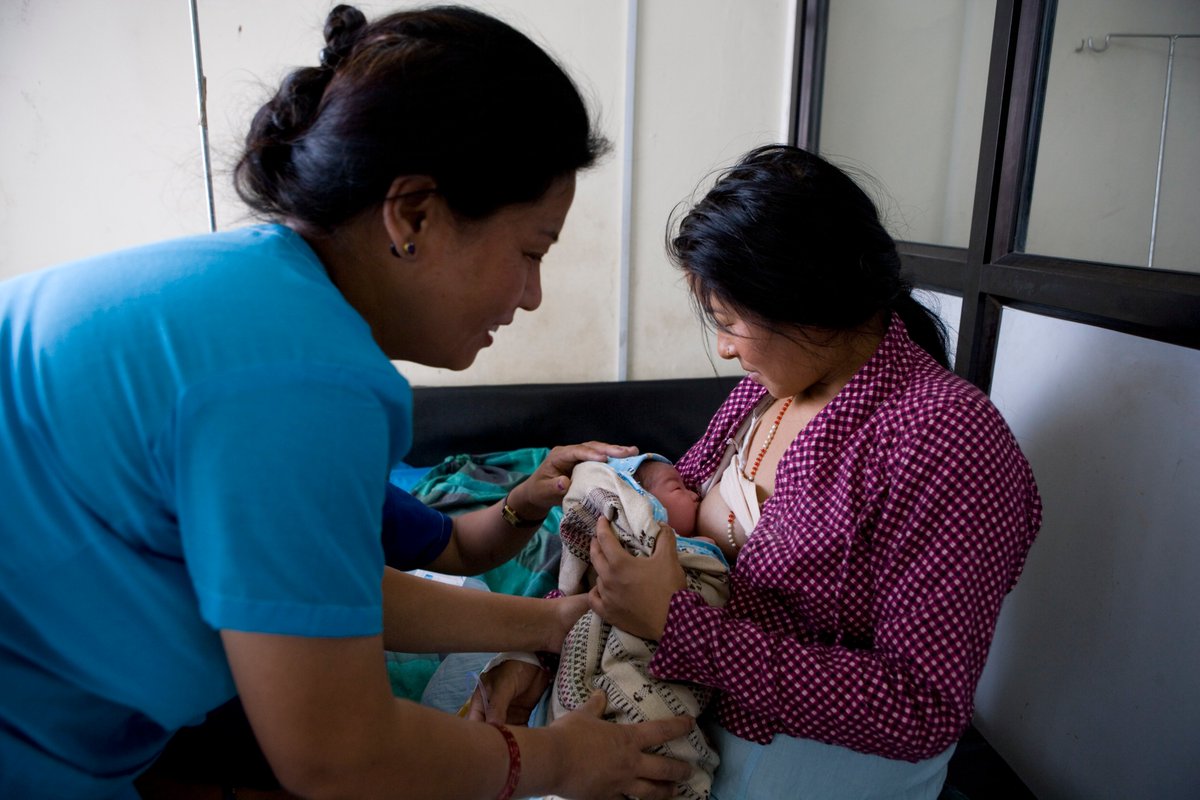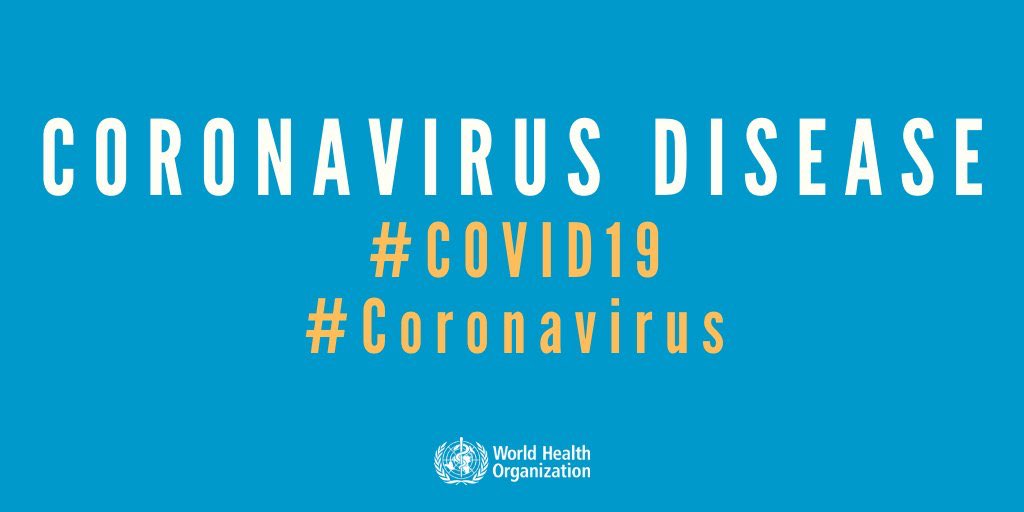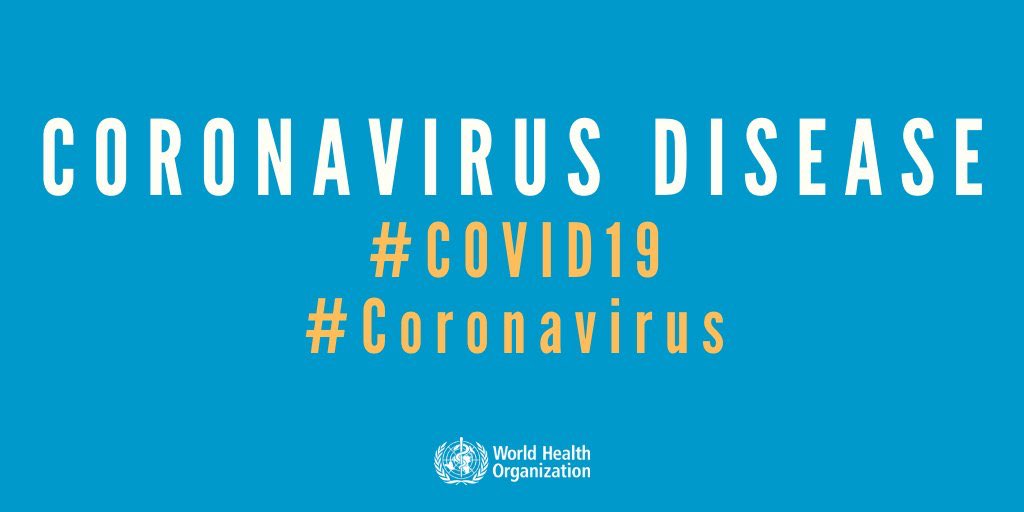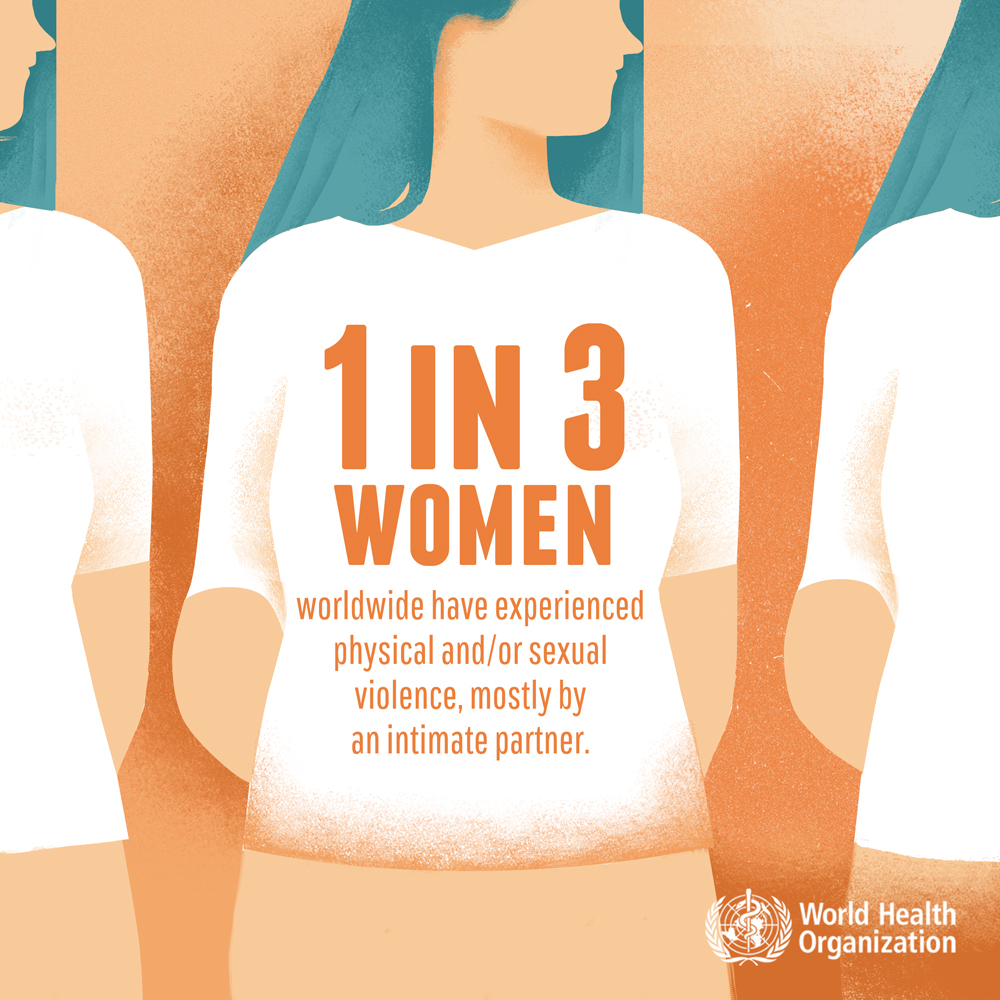promote health,
keep the 🌍 safe,
serve the vulnerable.
By 2023 we aim for:
1B more people benefiting from #HealthForAll
1B more people better protected from health emergencies
1B more people living with better health & well-being.
#WHOImpact
WHO welcomes:
- #UNGA 2019 political declaration on Universal Health Coverage
-@IPUparliament Resolution on UHC
WHO Results Report 2018-2019: bit.ly/2yabnR1
SO WHO has created a special programme on primary health care to provide more broad-based support to countries. bit.ly/2yabnR1
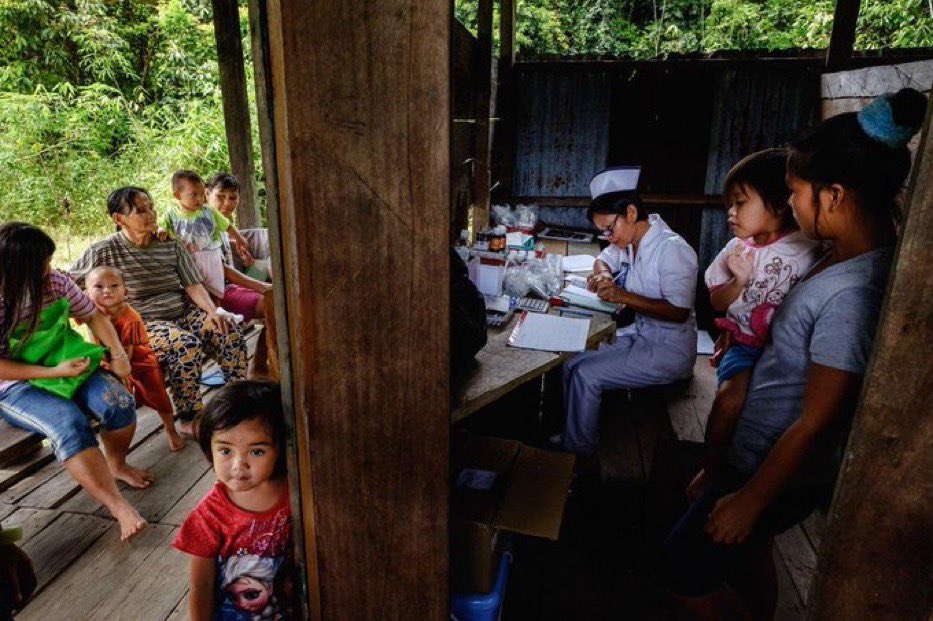
-biosimilar life-saving drug for #breastcancer
-#Ebola vaccine
-biosimilar insulin
bit.ly/2yabnR1
WHO Results Report 2018-2019: bit.ly/2yabnR1 #WHOImpact
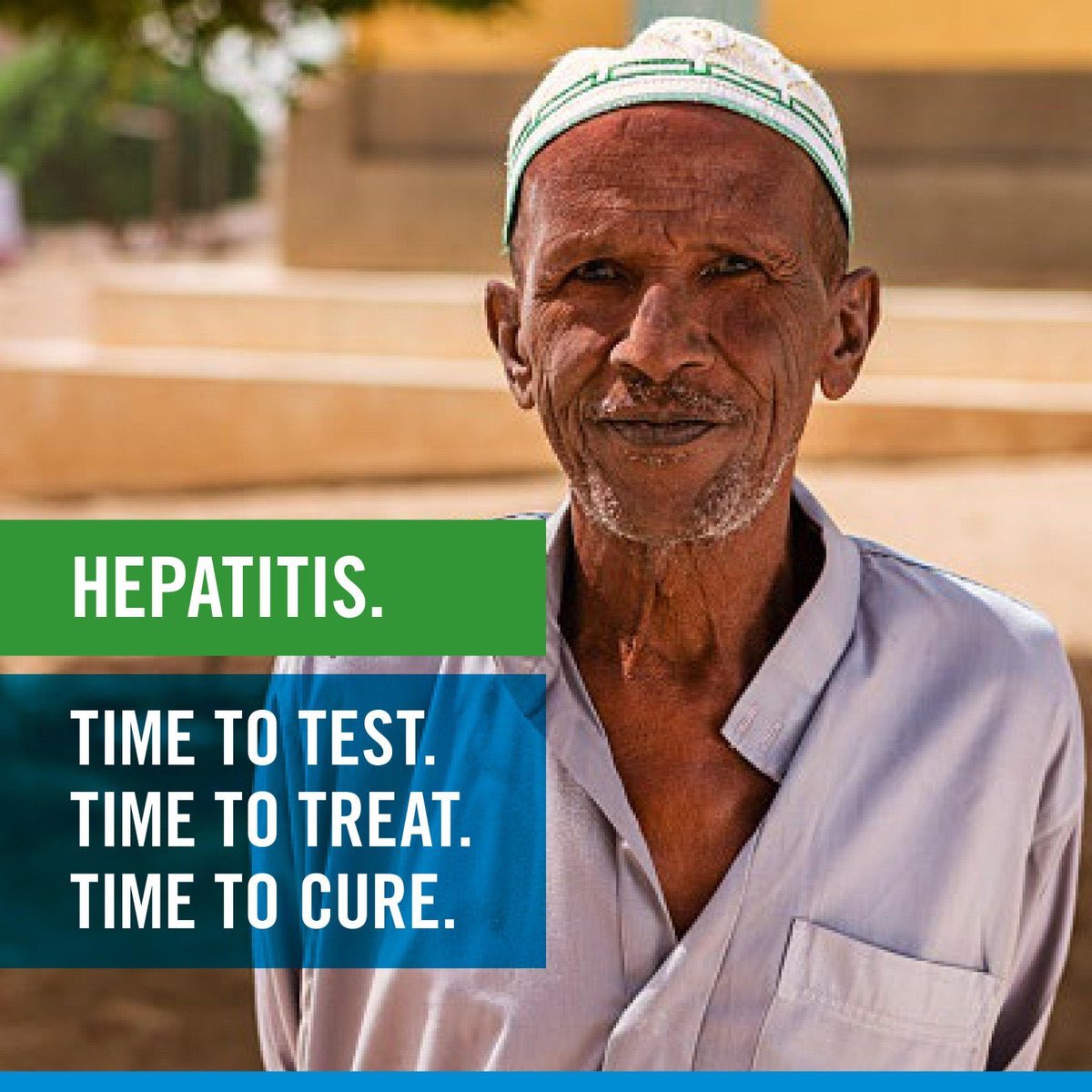
WHO Results Report 2018-2019: bit.ly/2yabnR1 #WHOImpact
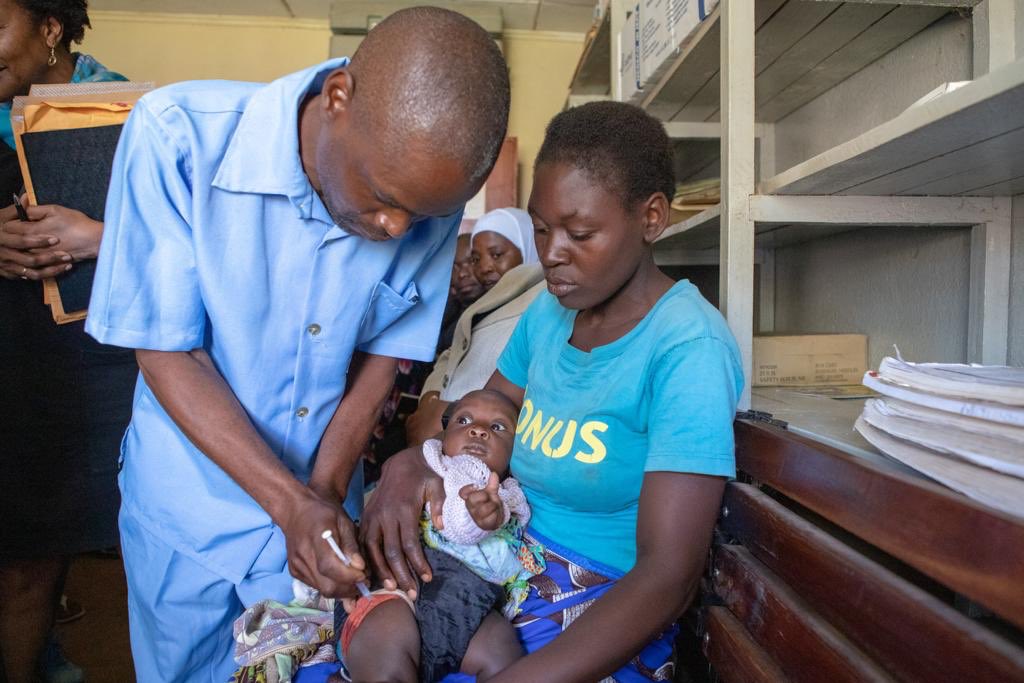
-decrease maternal mortality
-eliminate a neglected tropical disease
-eliminate mother-to-child transmission of HIV and congenital syphilis.
bit.ly/2yabnR1 #WHOImpact #HealthForAll
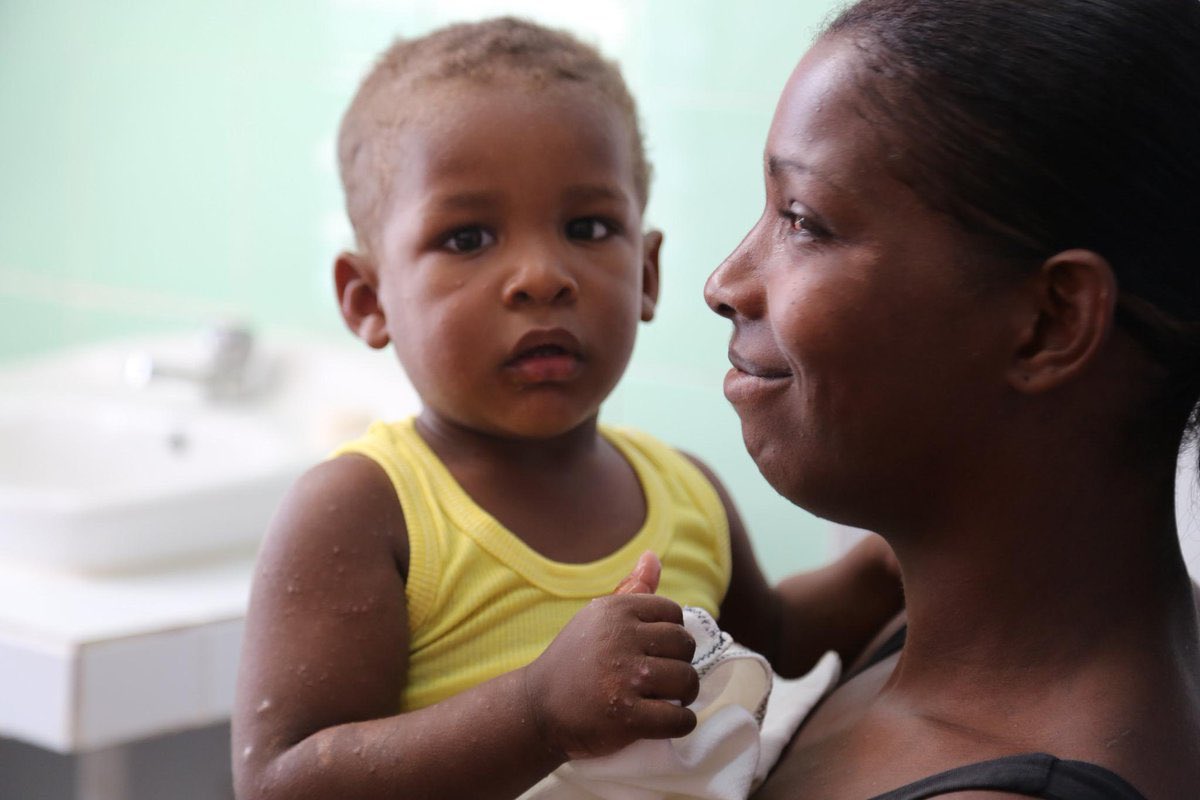
-HIV self-testing
-treatment for tuberculosis
-hepatitis C curative treatment to low- and middle-income countries
-treatment for neglected tropical diseases
bit.ly/2yabnR1
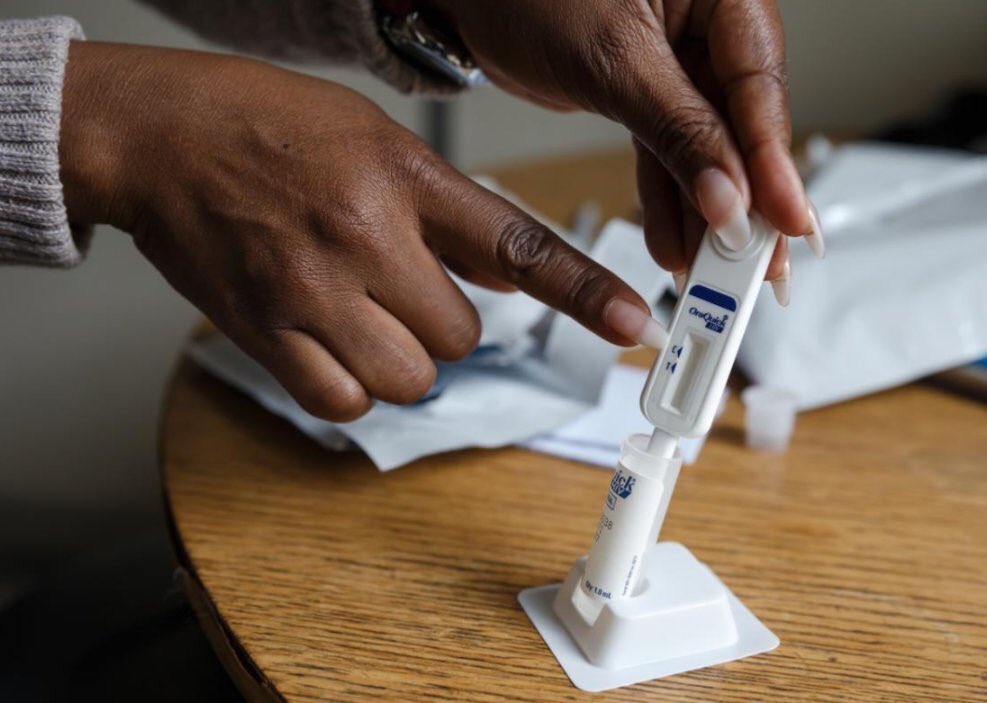
bit.ly/2yabnR1 #WHOImpact
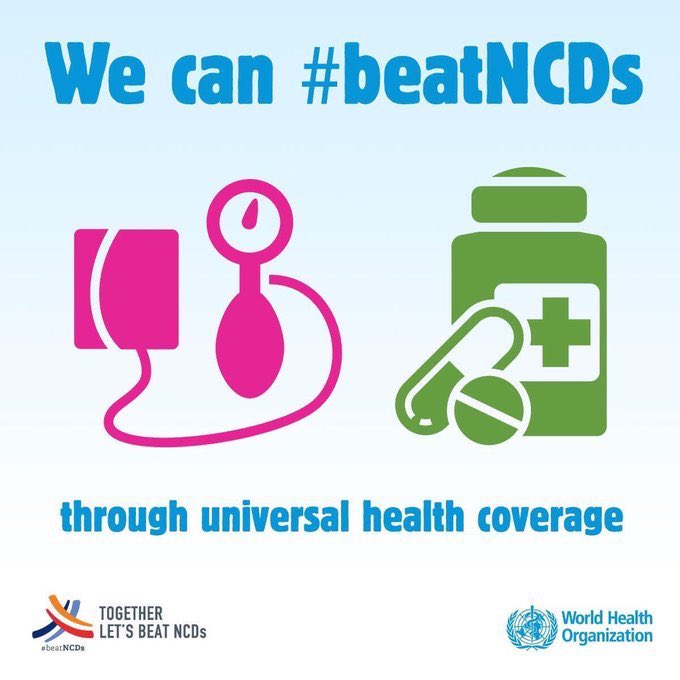
During 2018–19, WHO picked up thousands of public health threat “signals” every month, of which over 980 (in 140 countries) were assessed to be emergency events: bit.ly/2yabnR1
was dangerously unprepared for a “very real threat of a rapidly moving, highly lethal pandemic of a respiratory pathogen” – a risk that remains today.
#COVID19

#Cholera cases declined by 60% in 2018 thanks to the delivery of 18M vaccines.
Mass vaccination against #yellowfever protected over 100M people in 2018–2019.
500M people were vaccinated for flu in 2019.
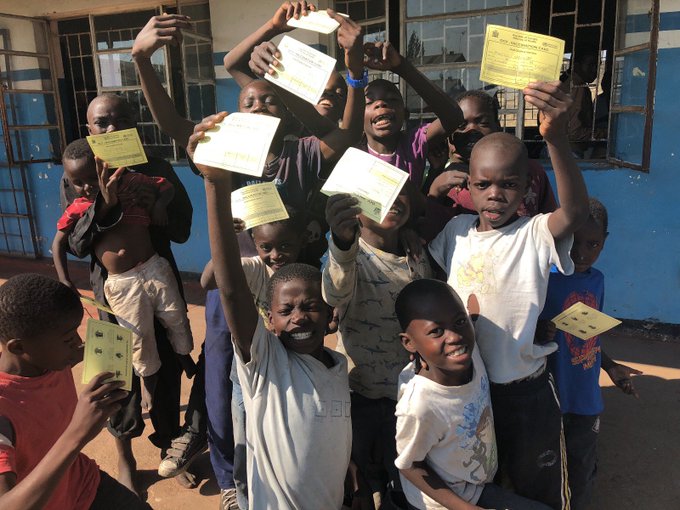
At the 2019 #ClimateAction Summit 2019, 50 countries – representing over 1B people
– answered WHO’s call to provide citizens with clean air by 2030. bit.ly/2yabnR1
#WHOImpact
bit.ly/2mEAIfV
quadrupling since 2011.
30 countries have already made significant progress in meeting their commitments to improve safe water, sanitation and hygiene in health facilities. #WHOImpact
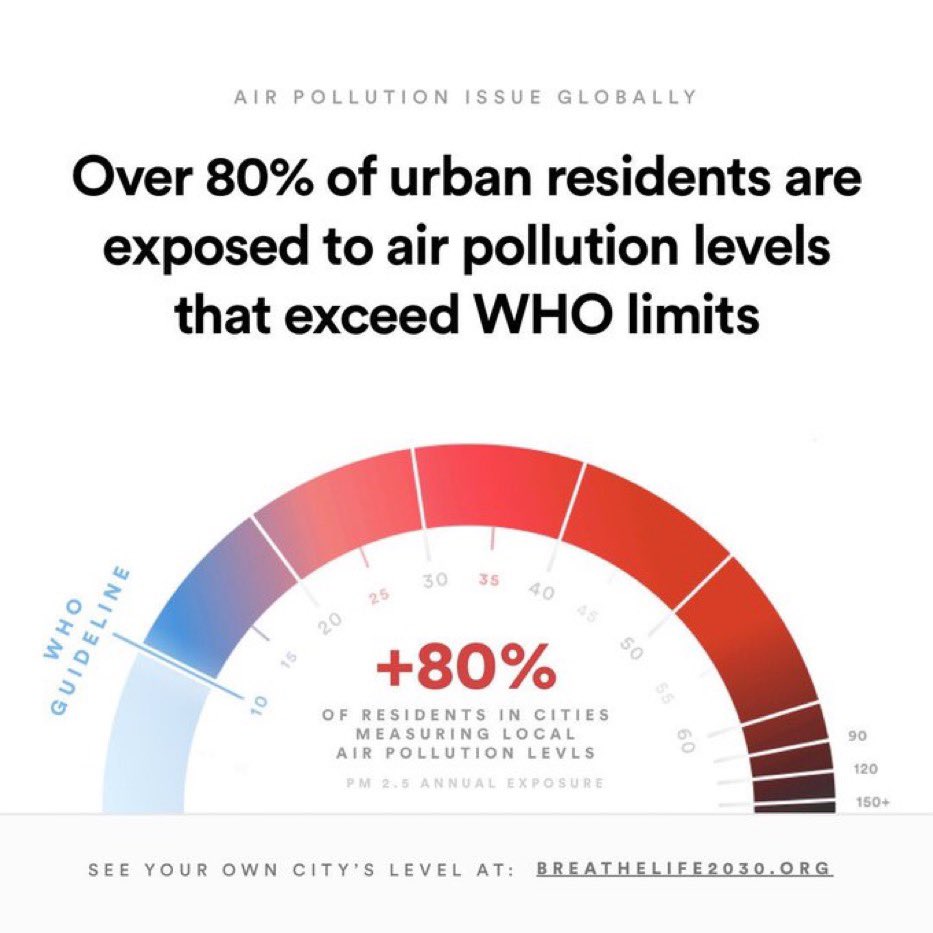
recommended by WHO.
bit.ly/2yabnR1
#WHOImpact #NoTobacco
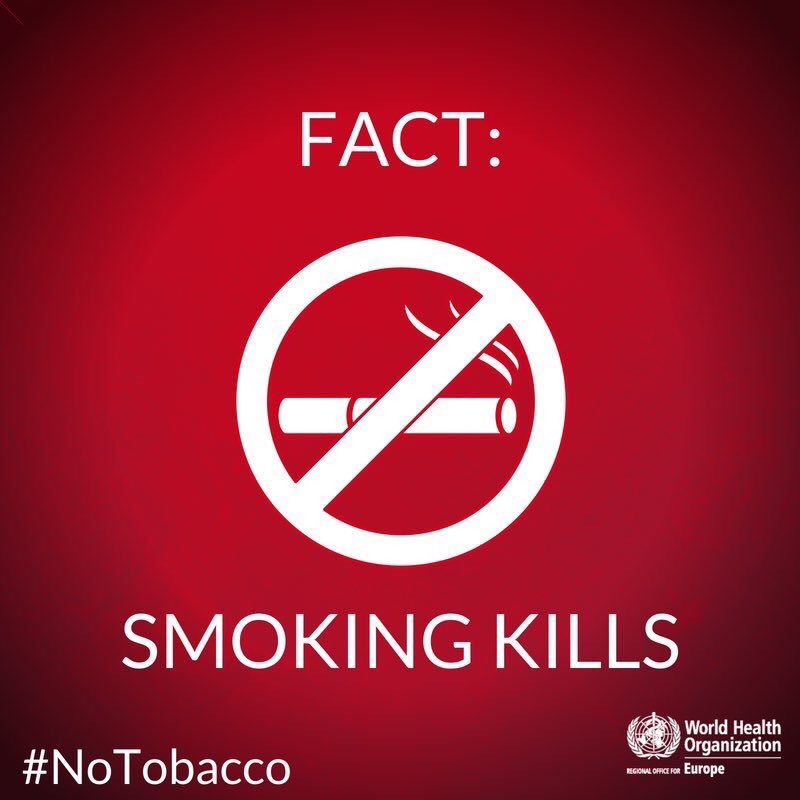
54 countries have established legislation to eliminate industrial trans-fats.
60 countries have a tax on sugar sweetened beverages.
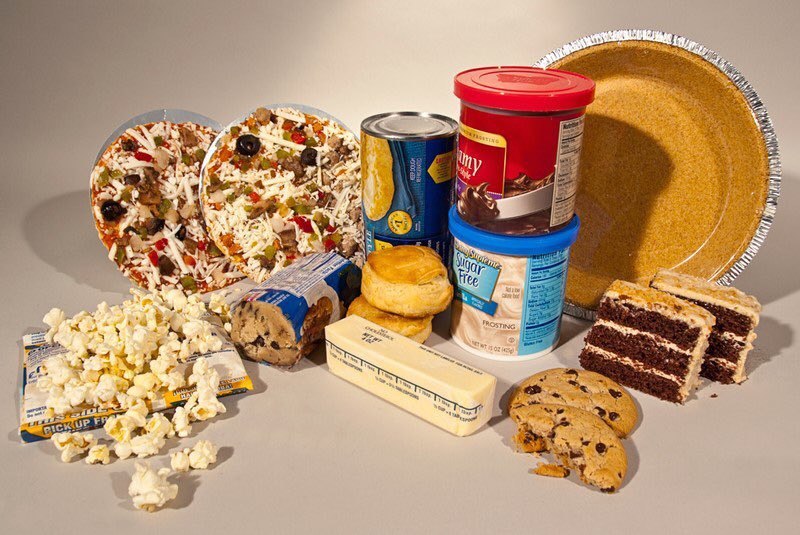
Under the Global Action Plan for Healthy Lives & Well-Being for All, WHO partnered with 11 other global health agencies to align & focus support to countries to achieve SDG3 bit.ly/2yabnR1
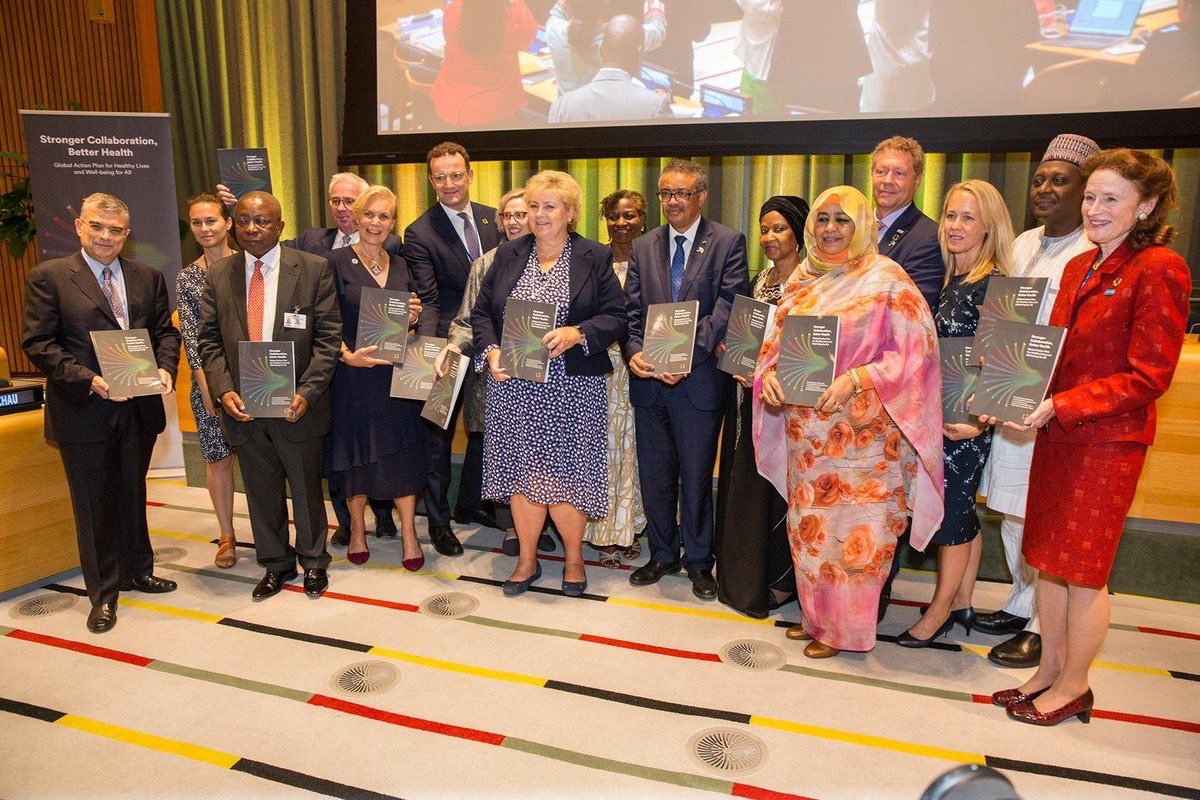
THANK YOU.
Together, for a healthier, safer, fairer world.
bit.ly/2yabnR1
#WHOImpact
Through:
✅Assessed Contributions or “members' dues” based on states’ gross domestic product
✅Voluntary Contributions from Member States, philanthropic & international organizations, private sector and others.
🗺️ Find out more: bit.ly/3g0DNhI


